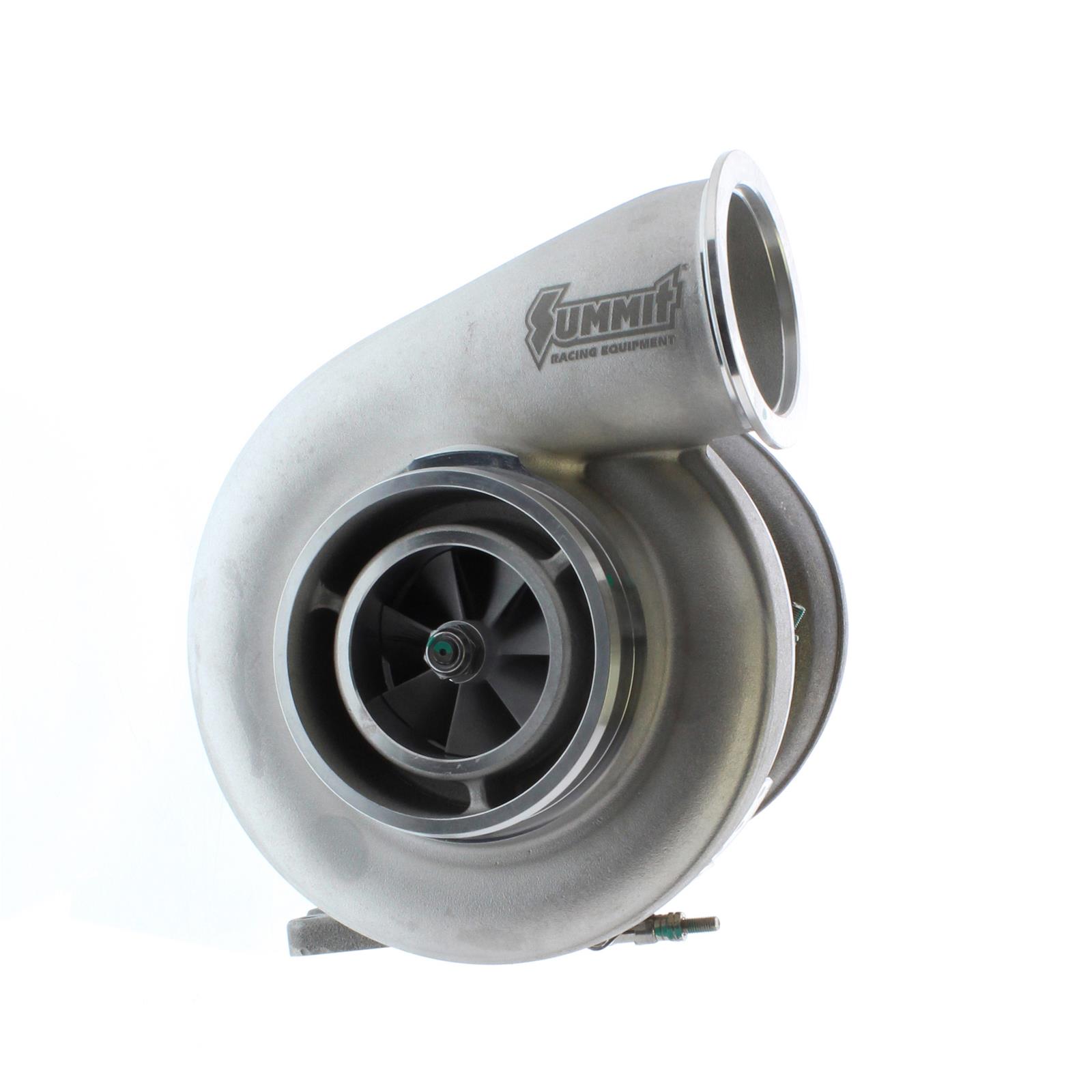I've heard that with somewhat conservative tune and timing map, you don't really need an intercooler.
Stop right there. As Corky Bell wrote in his book
Maximum Boost, an intercooler is
not merely icing on the cake. It is more cake. While it is possible to run without an intercooler, it would be just plain silly to do so.
Even Matt Happel (of
Sloppy Mechanics fame) always runs an intercooler on his LS turbo setups, even when running E85.
Now I'm not anti-intercooler and this wouldn't be in a drag car that's going to see all out use... just a play car.
An intercooler provides many benefits to a turbocharged engine, perhaps the most important being increased resistance to engine-killing detonation. Extra power is just a nice added benefit.
It can’t be this straightforward to get ~700hp… can it? 😳
As they say: if it were that easy, everyone would be doing it.
But let's talk about it. In a perfect world of 100% efficiency, running 14.7 psi of boost would exactly double the horsepower output of an engine. Running 12 pounds of boost (again, assuming 100% efficiency) would add about 80% more power, and could turn a n/a 400 crank hp engine into a 700 crank hp engine.
Goodness knows it is easy enough to make an LM7 generate 400 crank hp on a dyno with just a cam and spring swap. Add a hair dryer and intercooler to that engine and you should be all set, right? The devil of longevity will be in the tuning details.
I didn't know that 10-12 psi was considered "kinda low" for a gasser... Aren't most OEM FI gas engines in the mid single digits for boost?
Nowadays on direct-injected engines, OEM boost levels of 20 psi and more are common. But back in the early days of port injection (and
especially with no intercooler!), 10 psi of boost was quite high.

